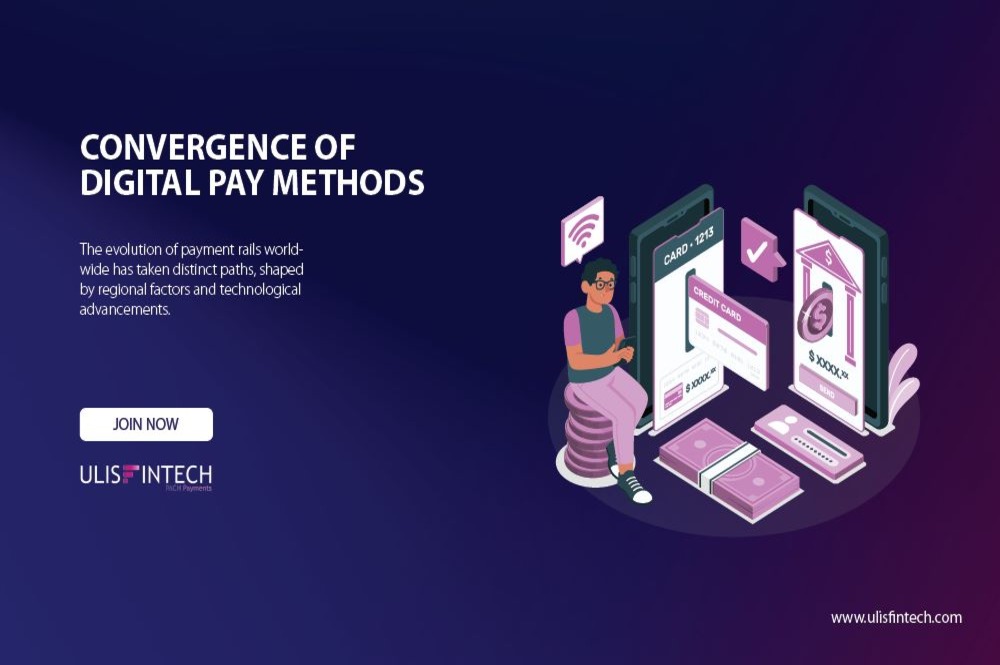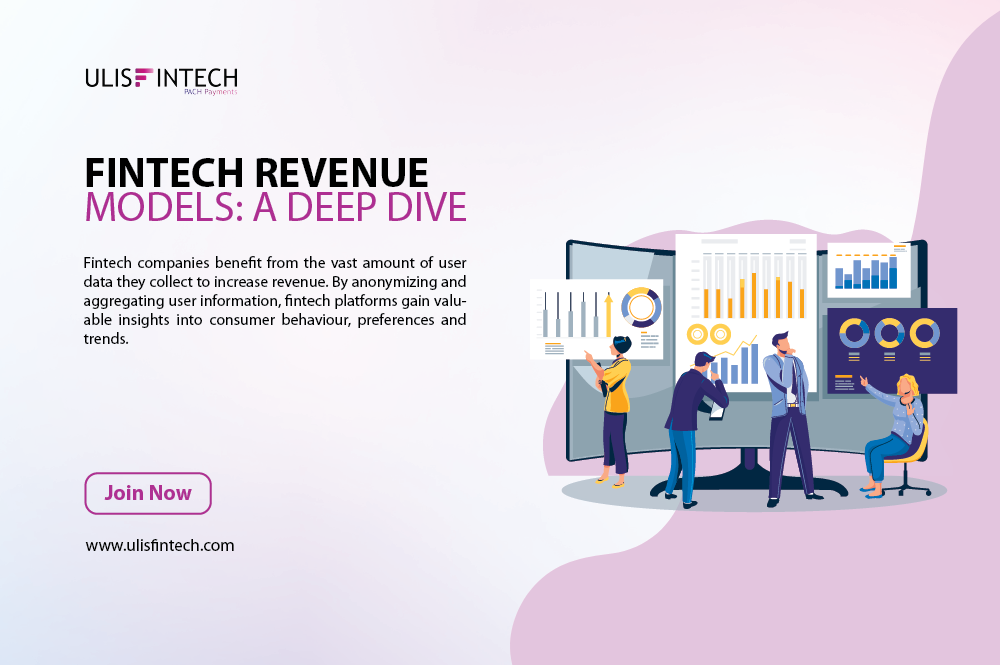Growing Open Banking API around the World
Mar 31, 2022 - 10 MINS READ

Growing open banking API around the world
Many countries throughout the world have begun open banking or open finance programs. However, some are more advanced than others in terms of rules, standards, and execution.
The purpose of all open banking projects is to open up account data to trusted third parties in order to stimulate innovation and improve customer experience. APIs are utilized in all circumstances to give a technological solution: to open up access to financial data.
Countries and regions differ in how they implement open banking standards, as well as the functionality and extent of the data available via their APIs. No two nations or areas approach open banking in the same way for political, practical, or regulatory reasons.
As a result, many worldwide organizations that wish to use open banking may go through a Third-Party Provider, which undertakes a lot of the heavy lifting in gathering and maintaining open banking APIs and standardizing access.
PSD2 and open banking in Europe
PSD2, or the Updated Payment Services Directive, is a series of EU rules (an EU regulation) that intends to make payments better, quicker, and easier for consumers. It accomplishes this by establishing security standards and encouraging competition — and hence innovation — in the banking business.
Payment service suppliers (such as banks) in the EU are required under PSD2 to allow their clients to securely exchange their data with other parties. In contrast to the Open Banking requirements that are mandated in the UK for the nine largest banks, there is no single technological standard that European banks must adopt. However, a number of standards have evolved to facilitate the shift to API-based open banking.
Open Banking in the United Kingdom
In the United Kingdom, open banking has been implemented through a variety of initiatives.
- In 2017, the Payment Services Regulations (PSRs) established the legal and regulatory basis for open banking. PSD2 became UK legislation as a result of their efforts.
- The Competition and Markets Authority (CMA) established the Open Banking Implementation Entity in 2018 as part of a competition drive to produce an open banking standard for account access. The standard is used to comply with the Payment Services Regulations by the nine major UK banks (known as the CMA9) and certain other banks.
- In early 2018, the first of the CMA9 banks eventually opened up their account data as AISPs, ushering in the era of open banking in the UK (Account Information Service Providers). Later that year, PISP (Payment Initiation Services) was introduced. Many more banks beyond the initial CMA9 have now signed up to operate branches in the UK.
Australian Open Banking
The Australian government announced the establishment of the Consumer Data Right on November 26, 2017. (CDR). The CDR's goal is to allow customers (both individuals and corporations) more access to and control over their data. In the long run, this should increase competition and drive the development of creative new products and services.
The Australian government was inspired by open banking in Europe, but they pushed it a step further. The CDR will become a data-sharing regime for the whole economy, rather than simply the banking sector. Following banking, the industries of energy and telecommunications are the next to be targeted.
Open Banking services in Singapore and Hong Kong.
The Monetary Authority of Singapore (MAS) and the Hong Kong Monetary Authority (HKMA) are well-known for taking a proactive, forward-thinking attitude to the role that financial technology may play in their respective economies. It's no surprise that both areas are considering open banking as a strategy to extend choice and increase competition in their marketplaces.
They are, however, both embracing a more market-driven approach to open banking than the United Kingdom. They have not compelled banks to provide APIs, for example, and they do not play a significant role in verifying data receivers. API access is still governed by bilateral agreements between banks and companies wanting access, such as FinTech. APIs are also not standardized, while the HKMA and MAS are investigating whether this should be done centrally.
Nonetheless, regulators have an impact on their markets. For example, in Singapore, the regulator runs digital "beauty contests" to promote a positive user experience in open banking. There's also the APIX project, which is a free exchange of knowledge and solutions between fintech start-ups and financial institutions.
Open Banking in Brazil
Brazil, inspired by Australia's CDR, is adopting an open banking strategy similar to those of the UK and Australia. The Brazilian Central Bank (Banco Central do Brazil) has established a high-level timeframe and set goals for the facts and capabilities that must be made available via APIs.
Each bank provides basic product information as a starting point, with no personal data revealed. This will eventually grow to include more confidential transaction and account information. Finally, the central bank plans to investigate Payment Initiation, which involves instructing a bank to conduct a transaction from a bank account using an API.
The United States open banking
Financial information has been going on in the United States for a while. However, compared to open banking APIs, this has been done in a less technically robust and safe manner.
Traditionally, regulators have been hesitant to force banks to open up access to their data, but the Consumer Financial Protection Bureau is now aggressively considering open banking (CFPB). This procedure will most likely take at least two years to complete, but at the end of it, like in the UK, there may be mandated open banking APIs.
Parallel to the CFPB's ambitions, banks in the United States are experimenting with premium API techniques.
Open banking from a global viewpoint
It's evident that when it comes to open banking throughout the world, there is no one-size-fits-all solution. Open banking ecosystems are well-developed in some nations and areas, but not in others. Some companies provide standardized APIs, while others need one-on-one agreements and linkages between banks and third-party vendors.
This complicated environment is unlikely to alter very soon. Many factors influence how various nations handle data protection and privacy, including regulatory pressure, market dynamics, local competitiveness, and even cultural conceptions of personal data protection.







